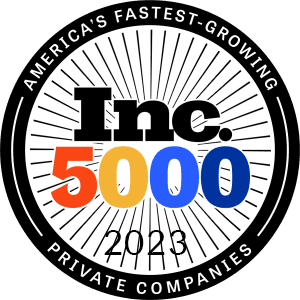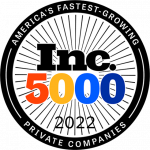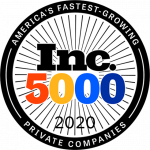In today’s fiercely competitive landscape, where technology is the key to staying ahead, here’s the million-dollar question: How do you choose the right tools to empower your business growth? Two powerhouse solutions, Customer Relationship Management (CRM) and Enterprise Resource Planning (ERP) systems, have been at the forefront of shaping businesses for years.
The statistics speak volumes: The global CRM market is set to surge from $71.06 billion in 2023 to $157.53 billion by 2030, sporting a remarkable 12% annual growth rate, as per Fortune Business Insights. Meanwhile, businesses are rapidly migrating to the cloud for their ERP needs, with the global cloud ERP market expected to grow at an impressive 13.6% annually and reach a substantial $40.5 billion by 2025, according to Statista.
What sets CRM and ERP apart, and what’s the real difference between ERP vs CRM? CRM and ERP systems have unique functionalities and advantages, and they’re not interchangeable. This blog will focus on the differences between CRM and ERP systems, enabling you to determine when your business may require one, the other, or even both.
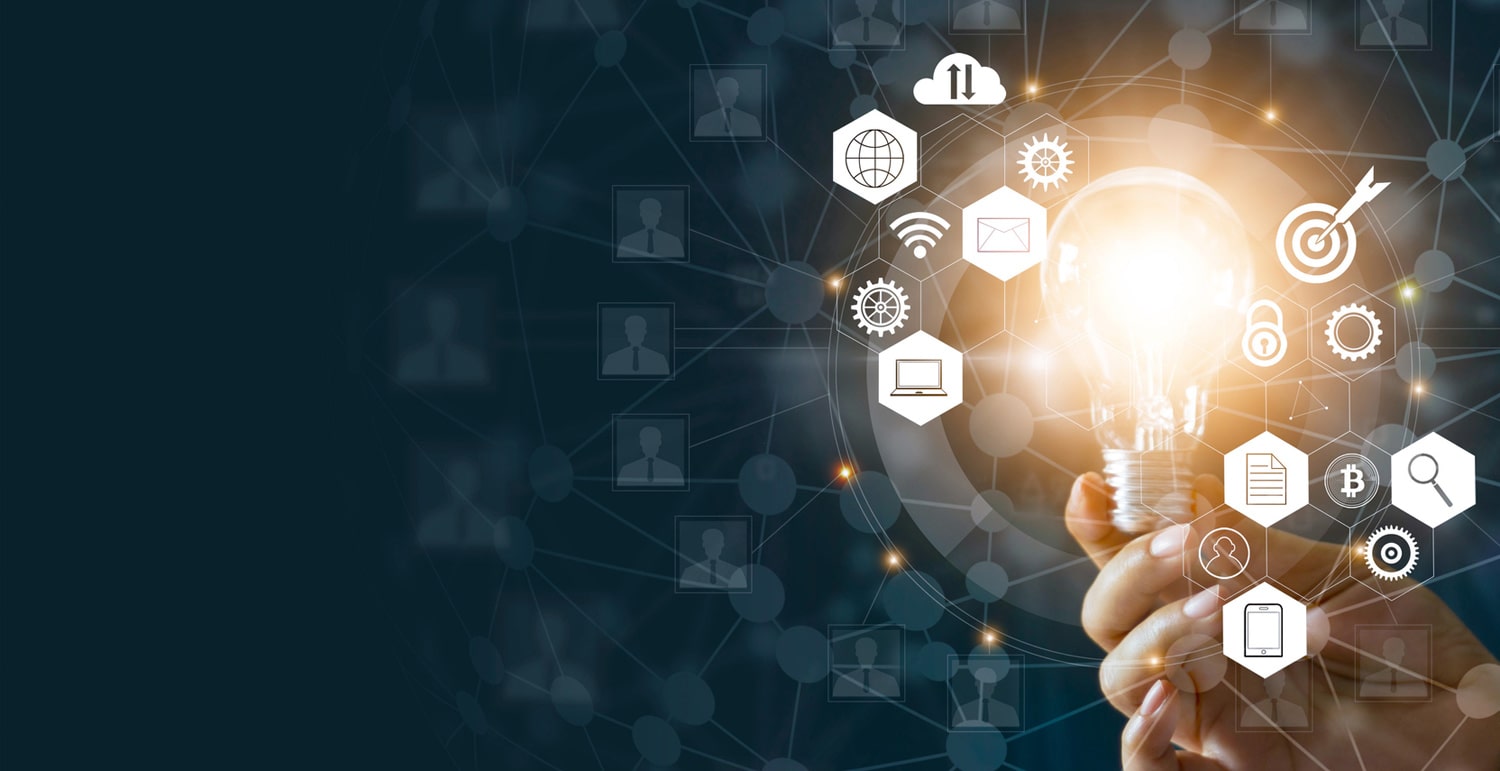
What is ERP Software?
Enterprise Resource Planning (ERP) software acts as a unifying force, integrating the day-to-day processes of multiple departments, such as finance and logistics. Typically, ERP systems incorporate Customer Relationship Management (CRM) functions. Companies might invest in additional modules, like supply chain management, depending on their specific needs. ERP software is available in on-premises, cloud, and hybrid options. As a centralized database, it offers real-time insights into financial performance and resource allocation. ERP finds applications in various teams, including manufacturing, supply chain, risk management, human resources, and sales.
Key Benefits of ERP

Enhanced Visibility
ERP provides improved visibility into company operations.

Standardization
It fosters higher standardization throughout the enterprise.

Process Adherence
ERP ensures better adherence to business rules and processes.

Collaboration
It promotes enhanced collaboration across different departments.
What is a CRM System?
Customer Relationship Management (CRM) systems focus on gathering and storing data from customer-facing functions like marketing and sales. They may also automate parts of the customer journey. CRM aims to help businesses manage and understand customer information effectively. It equips companies with tools for marketing management, sales cycle monitoring, digital commerce, lead interactions, customer data storage, automation of interaction steps, and insights for relationship improvement. Some modern CRM systems incorporate AI, enhancing customer-related efforts with additional insights.
Key Benefits of CRM
Key Benefits of CRM
Higher Conversion Rates
Higher Conversion Rates
CRM systems can lead to higher conversion rates of prospects into clients.
Customer Data Organization
Customer Data Organization
They facilitate improved organization of customer data.
Enhanced Customer Service
Enhanced Customer Service
CRM contributes to an overall improvement in customer service.

Higher Conversion Rates
CRM systems can lead to higher conversion rates of prospects into clients.
Customer Data Organization
They facilitate improved organization of customer data.
Enhanced Customer Service
CRM contributes to an overall improvement in customer service.
What is CRM vs ERP?
While CRM and ERP systems share similarities, including their product types — both are available in on-premises and cloud versions – and their potential usefulness for data analysis, key differences exist between CRM software and ERP software.
CRM systems specifically support customer-related business functions and processes, while ERP systems are designed to manage an enterprise’s full range of functions and processes. Also, CRM software supports tasks related to the front office, which is the department in a company that interacts with customers directly, such as sales. However, ERP software supports mainly processes carried out by the back office or departments that don’t interact with customers, such as the finance department.
In addition, since CRM systems focus on a company’s customer relationships, CRMs often have more advanced customer-related capabilities than those offered by ERP systems.
Businesses may opt to purchase a CRM system in addition to ERP if they believe their new ERP software’s features will need to be improved or if their ERP system’s features fail to meet the organization’s needs.
For example, if a company has thousands of customers, it may require more than an ERP system’s comparatively basic CRM capabilities to manage customer relationships.
ERP
VS
CRM
Cloud-Based SaaS
ERP
Many ERP systems provide cloud-based databases, ensuring real-time data access from any device, anywhere.
CRM
CRM systems offer cloud-based databases for convenient, real-time data access.
Database
ERP
ERP systems consolidate data from various business systems to establish a single source of truth.
CRM
CRMs aggregate data on leads, prospects, and customers to create a comprehensive view of their preferences, needs, interactions, and purchase history.
Integrations
ERP
Companies can integrate software like payroll, accounting, and CRMs to gain a cross-functional view of company performance.
CRM
CRMs can integrate with tools for managing customer journeys and sales pipelines, such as e-commerce platforms and marketing automation systems.
Automation
ERP
ERP automation, like automated report generation and invoicing, enhances business efficiency by streamlining repetitive tasks.
CRM
CRM automation, such as lead scoring and routing customer service cases, enables users to manage the customer journey better.
Reporting and Analytics
ERP
ERP system reporting and analytics focus on resource planning, performance, and predictions, including funding-related insights.
CRM
CRM reporting centers on sales, customer service, and marketing campaign performance, revealing customer purchase and sales trends and forecasting.
Competitor Analysis
ERP
While ERP systems don’t directly offer competitive analysis capabilities, users can create this feature through integrations, such as pairing ERP with a company CRM.
CRM
Many CRMs provide tools to gather information on competitors, including how clients, prospects, or leads interact with rival brands and market conditions.
Data Analysis
ERP
ERP’s data analysis predicts outcomes based on market and company conditions to support proactive, strategic decisions.
CRM
CRM’s data analysis offers insights into trends and outcomes, aiding companies in proactive, strategic decisions related to sales cycles, marketing campaigns, and customer satisfaction.
Financial Management
ERP
ERP systems include financial and accounting modules for managing and predicting revenue, expenses, and resource requirements.
CRM
Although CRMs don’t focus on financial management, they often offer tools for making sound financial decisions, such as predicting customer lifetime values.
Customer Service Tools
ERP
Customer service ERP modules help companies manage processes impacting the customer experience, including sales cycles, billing, invoicing, and relationship management.
CRM
CRMs provide tools for customer service management, including case routing to service representatives, transaction history records, tasks, and reminders, ensuring personalized and contextual customer service.
Choosing the Right Solution for Your Business: CRM vs ERP
When choosing between CRM (Customer Relationship Management) and ERP (Enterprise Resource Planning) systems, consider several key factors that influence your decision:
First, evaluate the scale and complexity of your business. If you run a small business, your primary focus should be customer relationship management. A CRM system is well-suited for efficiently managing leads, sales, and customer interactions.
As your business grows into a medium-sized enterprise, you may need a combination of CRM and ERP functionality. This decision largely depends on your industry and specific business needs. A mix of both systems can help you manage customer relationships while streamlining essential business operations.
For large enterprises with complex operations, such as intricate supply chains and financial processes, robust ERP systems are often necessary. These systems can effectively manage the extensive operations that come with a large-scale enterprise. In such cases, CRM systems can be integrated into the ERP framework to handle customer-related processes efficiently.
CRM and ERP Integration
It’s essential to note that CRM and ERP systems may require access to similar data. Using separate and siloed systems can be risky for your business. For example, during e-commerce sales, data flows from front-office CRM (online) to back-office ERP (finance). Failure to integrate these systems can lead to errors and order loss and negatively impact customer satisfaction. This, in turn, can result in the loss of customers and damage your business reputation. ERP and CRM integration are beneficial in overcoming this challenge. This integration not only combines the distinct advantages of both systems but also brings:
The synergy of ERP and CRM delivers an end-to-end customer experience, utilizing ERP data to refine CRM interactions, ensuring quicker responses, tailored solutions, and an overall positive customer journey.
Furthermore, both CRM and ERP systems often have complex architectures, and managing them as separate entities can also be challenging. To make the most of this dual-system approach, it’s crucial to ensure that these systems are integrated effectively to facilitate smooth data flow and provide a unified view of your business processes. This integration can help your organization harness the full potential of CRM and ERP, offering a comprehensive solution for customer relationship management and operational excellence.
What is CRM Integration, and how it Helps Businesses?
CRM and ERP integration involves harmonizing data between CRM and ERP systems. This integration aims to facilitate the seamless and automated information sharing between these vital enterprise systems.
However, to enable integration, businesses must consider their IT capacity and integration needs. Assess whether your IT department has the resources to implement and manage these systems effectively. Additionally, consider how well the chosen system can integrate with your existing software and systems. Seamless integration is essential to prevent data silos and ensure data consistency.
Ultimately, the choice between CRM and ERP, or integrated CRM, should align with your business’s unique requirements and circumstances. The decision hinges on your business’s size, growth stage, complexity, and the challenges you face, as discussed above. It’s crucial to select systems that work cohesively and allow for effective data sharing and integration, providing a unified view of your business processes and customer interactions.
At Nsight, we understand your challenges when considering integrating ERP and CRM solutions. Our expert team, in collaboration with partners such as Oracle, SAP, and Salesforce, has successfully executed numerous integration projects. We are dedicated to helping you unlock the full potential of these systems.
If you are stuck in the ERP vs. CRM dilemma, you don’t need to make an exclusive choice. You can also opt for ERP/CRM integration as the solution to maximize the benefits of both systems. This integration not only harmonizes your data but also provides comprehensive insights for business growth and increased productivity.
Ready to Optimize Your Business with a Seamless
ERP and CRM Integration?
Frequently Asked Questions (FAQs)
CRM is distinct from ERP. While ERP manages functions like finance, accounting, manufacturing, engineering, and human resources, CRM focuses on customer relationship management, sales, and marketing activities.
No, ERP and CRM are not interchangeable, even though they offer some similar benefits.
CRM supports front-office functions such as sales, service, and marketing, whereas ERP is designed for back-office functions like accounting, operations, and HR.
Yes, it is possible to integrate ERP and CRM with a well-thought-out plan to synchronize business data, enhance customer relationship management, and drive business growth.
Any business looking to consolidate back-office data, streamline operations, and automate financial, operational, and HR processes can find value using an ERP system.
Businesses aiming to centralize front-office data, improve customer experiences, and refine their product and service offerings can benefit from a CRM system to achieve these objectives.
About the Author

Rashmi Shrivastava is a data-driven, results-oriented, and tech-savvy B2B Marketing & Business Strategy Leader with a proven track record of over a decade of building brands, accelerating growth, and leading digital transformation. Inherently passionate about crafting, executing, and managing overall growth strategies, she successfully leads cross-functional Marketing and Demand Generation teams.
Rashmi has managed digital transformation projects across domains with a constant focus on building a transformational CX strategy. She has supported brands to adopt a value-driven and customer-centric culture.

